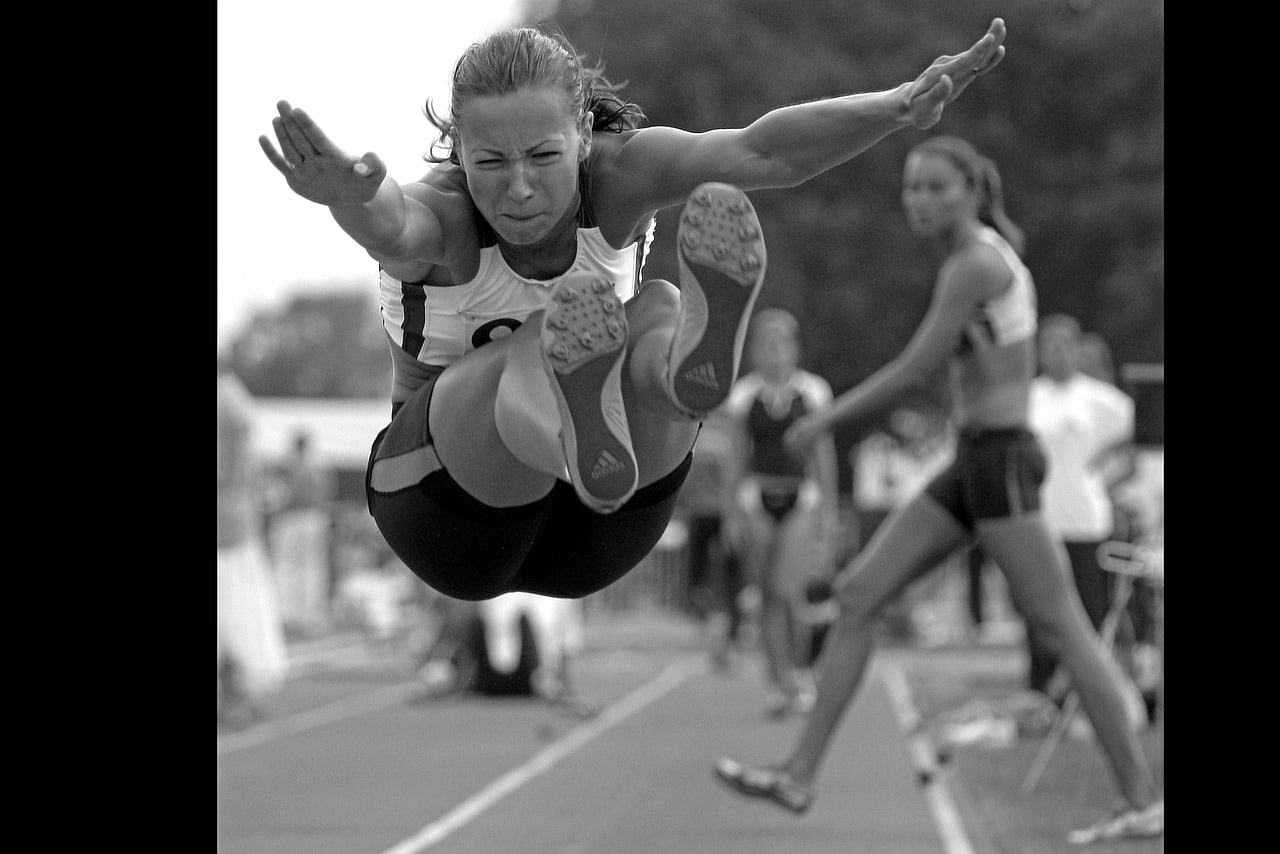How do sports organizations navigate the balance between commercialization and preserving the sport’s integrity?

The world of sports is a dynamic, rapidly evolving landscape. A landscape where organizations must constantly calibrate between commercial aspects and preserving the sport’s inherent integrity. This balance is not just a matter of tradition or ethics, but also a strategic requirement. In this era, commercialization and integrity are two sides of the same coin. This article will explore how sports organizations, such as the International Olympic Committee (IOC) and Fédération Internationale de Football Association (FIFA), tread this delicate balance and the role of commercialization in sports.
The Role of Commercialization in Sports
Commercialization is an integral part of sports today. It enables sports organizations to generate revenue through various means such as broadcasting rights, sponsorship deals, and merchandising. Commercialization is vital for the survival and growth of sports, but it also raises concerns about compromising the integrity of the game.
In parallel : How do athletes in combat sports like boxing and martial arts assess and manage the risk of head injuries?
Commercialization has allowed sports to reach a wider audience. The adoption of new technologies has made it possible for people around the globe to watch their favorite sports, be it on television or online. However, commercialization also brings with it certain challenges. The pressure to generate revenue can sometimes lead to questionable decisions and practices that undermine the integrity and spirit of the sport.
For instance, the need for revenues can lead to overemphasis on certain popular sports or games, sidelining less popular ones. This can distort the overall development of sports. Similarly, the influence of sponsors can sometimes compromise the independence and fairness of the game.
Also read : How can technology aid in the detection and prevention of doping in professional sports?
Preserving the Integrity of Sports
Preserving the integrity of sports is about maintaining their essence, fairness, and the spirit of competition. It means ensuring that the game is free from any undue influence, be it commercial or otherwise. It also means taking actions to prevent any form of corruption or unethical behavior in sports.
Sports organizations have a critical role in preserving the integrity of sports. They need to set clear guidelines and rules that define the boundaries of acceptable behavior in sports. These rules need to be effectively communicated and enforced to ensure compliance.
For example, FIFA has established a strong code of ethics to ensure the integrity of football. It has set up a dedicated ethics committee to investigate any violation of this code. Similarly, the IOC has also taken various measures to ensure the integrity of the Olympic Games. It has established a code of ethics, and an Ethics Commission to monitor compliance with this code.
Striking the Balance: Actions and Strategies
Striking the right balance between commercialization and the preservation of integrity in sports is a complex task. Sports organizations must take calculated and thoughtful actions. They need to adopt a strategic approach that aligns commercial goals with the broader principles and values of sports.
FIFA and the IOC, for instance, have taken several actions towards this end. They have implemented stringent rules and guidelines to ensure fair play and prevent any form of corruption. They have also put in place robust governance structures to monitor compliance with these rules.
Moreover, they have adopted a strategic approach to commercialization. They have worked to diversify their revenue streams to reduce dependence on any single source. They have also sought to leverage commercialization to promote the development of sports. For instance, a significant portion of the revenue generated from the FIFA World Cup is reinvested in football development programs around the world.
The Role of Sustainability and University Studies
Sustainability and university studies play a significant role in achieving the balance between commercialization and the preservation of integrity in sports. They provide insights, tools, and frameworks that can help sports organizations navigate this complex landscape.
Sustainability in sports is about ensuring the long-term viability of sports organizations and their activities. It involves managing resources effectively, reducing environmental impact, and building positive relationships with stakeholders.
University studies, on the other hand, provide critical insights into the dynamics of sports. They explore various aspects such as the social, economic, and psychological dimensions of sports. They also study the impact of commercialization on sports and suggest ways to manage its potential negative effects.
For instance, a study by the University of Leicester explored the impact of commercialization on the integrity of sports. It highlighted the risks associated with commercialization and suggested measures to mitigate these risks. This kind of academic research can serve as a valuable guide for sports organizations navigating the balance between commercialization and preserving the sport’s integrity.
Striking the right balance between commercialization and the preservation of integrity in sports is a complex and ongoing process. It requires a strategic approach, effective governance, and constant monitoring. It also requires a commitment to the principles and values of sports, and a willingness to adapt and evolve in response to changing circumstances.
The Impact of Commercialization: A Deeper Dive
Diving deeper into commercialization’s impact, we find both positive and negative consequences. On one hand, commercialization boosts sports participation, thereby promoting physical activity and fostering motor skill development. On the other hand, it can result in an uneven playing field, favoring sports that are commercially viable and neglecting those which are not.
Broadcasting rights, for instance, have enabled global audiences to enjoy sports events, from the Olympic Games to local leagues. The revenue earned from broadcasting rights has allowed sports organizations, including IOC Olympic, to operate and grow. However, this commercial aspect has also led to overemphasis on certain sports, leaving others in the shadows.
Similarly, sponsorship deals have had a profound impact on sports. They not only provide financial support but also contribute to the promotion and development of sports. Nonetheless, the influence of sponsors can sometimes affect the level playing field, compromising fairness and social responsibility in sports.
Lastly, merchandising has grown into a significant revenue stream for sports organizations. It helps promote the sport, engage fans, and generate income. Yet, over-commercialization can dilute a sport’s essence, turning it into a mere product for consumption.
Conclusion: Steady, Sustainable Progress is Key
For sports organizations, navigating the fine line between commercialization and preserving sports integrity is no easy task. It requires strategic, considered actions aligned with long-term sustainability. It’s about ensuring social responsibility, promoting fair play, and preserving the unique spirit of each sport.
University studies, such as those in sports management and physical education, provide invaluable insights into this complex task. They offer evidence-based strategies and frameworks to guide sports organizations. The University of Leicester’s research, for instance, has highlighted potential pitfalls and proposed mitigations, serving as a roadmap for the evolving sports landscape.
In conclusion, the balance between commercialization and integrity is a dynamic, ever-evolving process. Sports organizations, like FIFA and IOC, must remain vigilant, adapting their strategies in response to changing circumstances. They must ensure the commercial growth of sports without compromising its core principles and values.
By doing so, they not only preserve the integrity of sports but also promote physical activity, encourage fair play, and foster motor competence among participants. They ensure that sports continue to unite people across the globe, transcending boundaries and fostering a sense of community and shared humanity. As custodians of sports, it is their social responsibility to ensure a level playing field for all, today and in the future.
